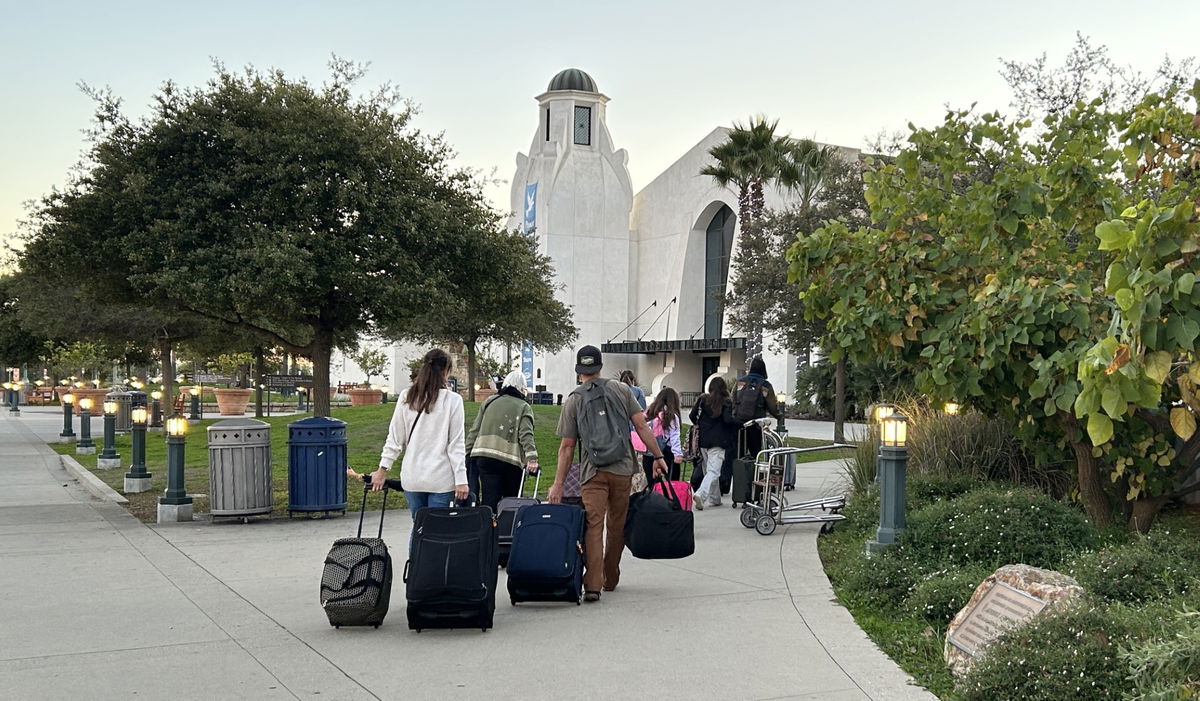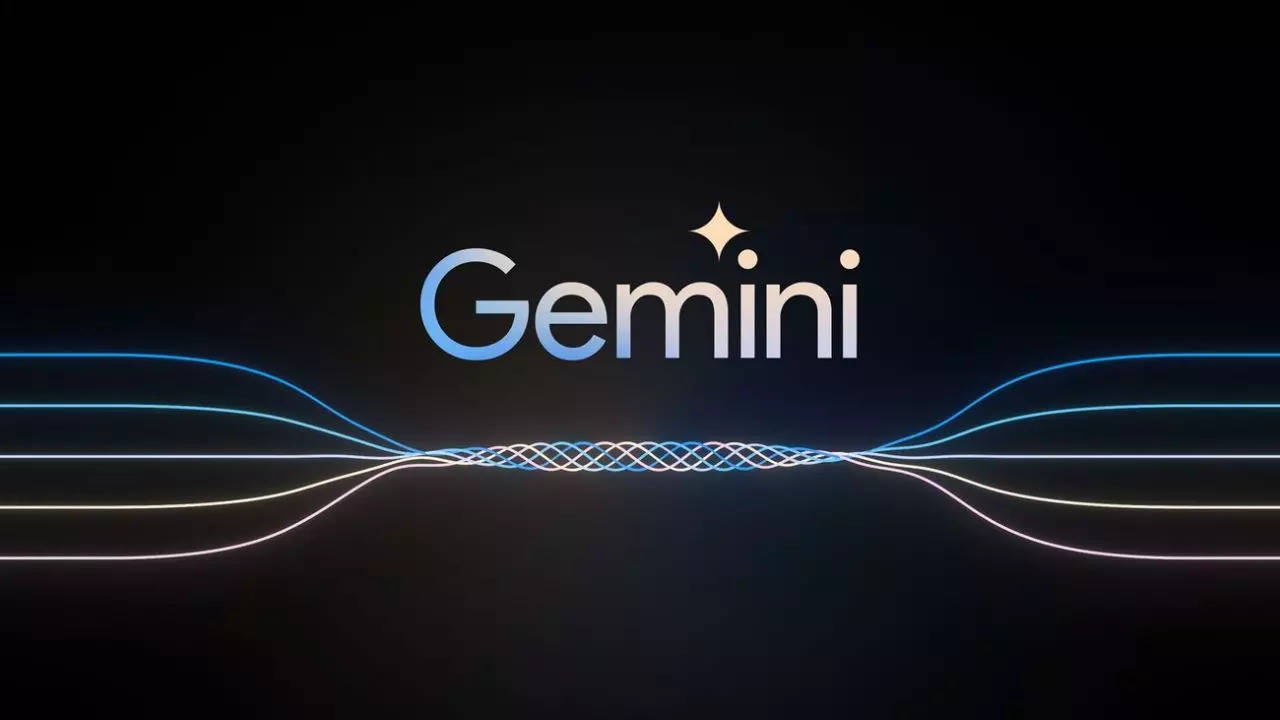Bussiness
Ex-NBA Star Baron Davis on What Makes His Business Platform Unique And How He’s Helping Entrepreneurs

Former Golden State Warriors and NBA star Baron Davis details his business platform, BIG, and what … [+]
Baron Davis may be known for his electrifying dunks and highlight reel plays during his NBA career, but he’s making an impact off of the court in his post-basketball life.
The 45-year-old Davis starred in the NBA for 13 seasons, earning two All-Star bids and an All-NBA selection while most notably leading the 2006-07 Golden State Warriors to arguably the biggest upset in NBA postseason history over the Dirk Nowitzki-led No. 1-seeded Dallas Mavericks.
While most fans know the former 6-foot-3 guard for his athletic highlights and his dunks over bigger players — look no further than his jam over the 6-foot-9 Andrei Kirilenko during the 2007 playoffs — Davis is now devoting his time through entrepreneurship with his company, Business Inside The Game (BIG).
The platform — which has been around since 2017 — brings together notable figures such as athletes and entertainers to help elevate them and foster innovation in their entrepreneurship journeys as they network during events. Notable athletes who are members of BIG include Chris Paul, Draymond Green, Julian Edelman, Corey Maggette and Marcellus Wiley.
“What would it look like if these micro communities got together and became a bigger version of micro communities? That was my vision for BIG, is to build an app where we act as a platform for communication, events and almost act as a concierge for the entrepreneur, the athlete, the C-Suite,” explains Davis in a one-on-one interview. “Looking to gain knowledge, meet the right people, but also looking to scale and find the right recipe for success.”
Davis had a prolific career after he was selected with the No. 3 overall pick by the Charlotte Hornets in the 1999 NBA Draft. Davis spent 13 years in the NBA, starring as the lead scorer for the Hornets in the early 2000’s, leading them to two playoff series victories before he was traded to the Warriors. Davis infamously led Golden State to their first playoff win in 16 years in 2007 before spending his final years with the Los Angeles Clippers, Cleveland Cavaliers and New York Knicks.
The UCLA alum and Los Angeles native explains that his interest in creating a networking platform such as BIG started coming to fruition during the final two years of his NBA career, when he was attending networking conferences and meeting people. What he found out as an attendee was that it was a “lonely and intimidating” experience. In other words, it felt directionless.
“I realized that going to a conference is a lonely thing, not knowing people,” Davis explains. “When you do go to conferences or major events, there’s all this networking happening. But there’s no true intentional know-how or who you should know. What I learned was, I keep going to these conferences meeting incredible people, meeting people that I need to connect with, but you also meet a lot of people who waste your time.”
Davis’ unfulfilling experiences at these conferences as an attendee led to the eventual creation of BIG.
“I wanted to see what were conferences bringing, how were they bringing people together? What were the people getting out of it? I didn’t start out as a speaker, I started out as an attendee and worked my way up to stage,” Davis explains. “What I figured out was, when I first started going, it was a lonely, intimidating place. As I got into the mix, I realized that there’s no organization, there’s no structure, there’s no real know-how to who you need to meet, want to meet, or should be connected to.”
Davis further explains how his platform easily connects one entrepreneur to another in a way that isn’t seen at your typical networking conference.
“There may be expertise that you can lend to an entrepreneur that you wouldn’t even think about being an advisor to,” says Davis. “For BIG, the goal was, how can I still take people’s value to a greater community of people? How can we highlight entrepreneurs, investors, talent, so when they do walk in a room, people already know what they’re doing?”
An example of how Baron Davis’ BIG platform helps connect entrepreneurs with one another.
The California native will be hosting a summit and showcase on Oct. 19 in Los Angeles during LA Tech Week and will also be at Art Basel in Miami in December. The BIG platform will have an app launch in early 2025 and Davis reveals that they will be beta testing the app at LA Tech Week.
“How do we align ourselves at these events and conferences where you’re not walking in blind,” asks Davis. “Your contact card, the contact advisory, you have a community of people every time you go somewhere where you can go into the app, press a button, get a ticket and now you’re having an experience at a major event.”
Davis repeatedly hammers home the mantra of “making micro communities becoming bigger communities.” He stresses that a large reason behind creating BIG was to “cross-pollinate” intelligent people from different industries in a proper networking space.
“We live in a world where you’re moving so fast as an entrepreneur, as an investor, as a celebrity, that you can’t quite be everywhere you need to be,”explains Davis. “That’s why investors are super specific about industries. With BIG, the goal was how can we cross-pollinate thought leaders in these spaces and pull in the right ecosystem of investors, athletes, C-Suites, intelligent innovators and create intelligence around industries and thought leadership around industries?
“Building BIG, it was a necessity because what I found out was there was so many people underserved,” Davis continues. “There were so many micro communities — what would it look like if these micro communities got together and became a bigger version of micro communities?”
Davis explains that the long-term goal for Business Inside The Game is simple — be a “connected tissue for people in business.”
“Long-term goal for Business Inside The Game is really be the connected tissue for people in business,” says Davis. “With our app, with our business cards — which is in the app — it should allow people to be able to connect, share data, share information and ultimately grow our brand where we can have more collectives. For us, it’s really about growing these communities and allowing these micro communities of people to have a macro voice and audience.”



_web.jpg?height=635&t=1734595314&width=1200)






